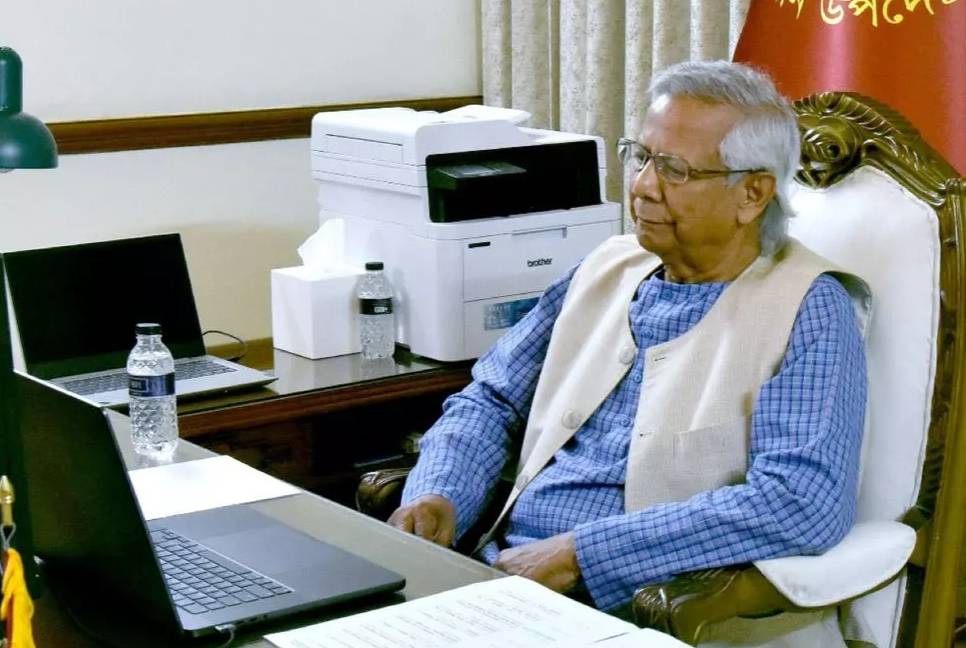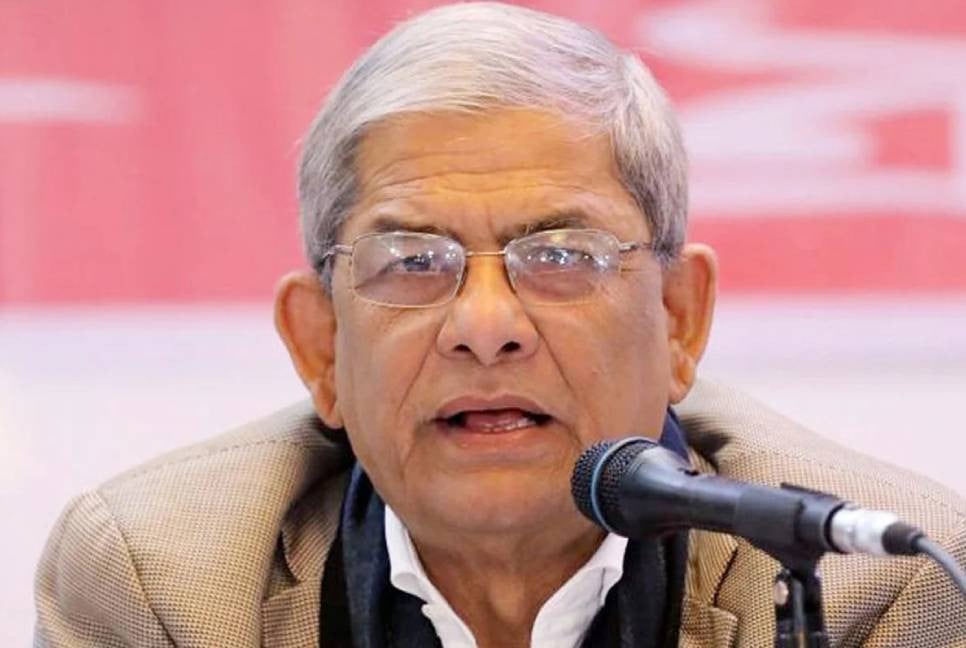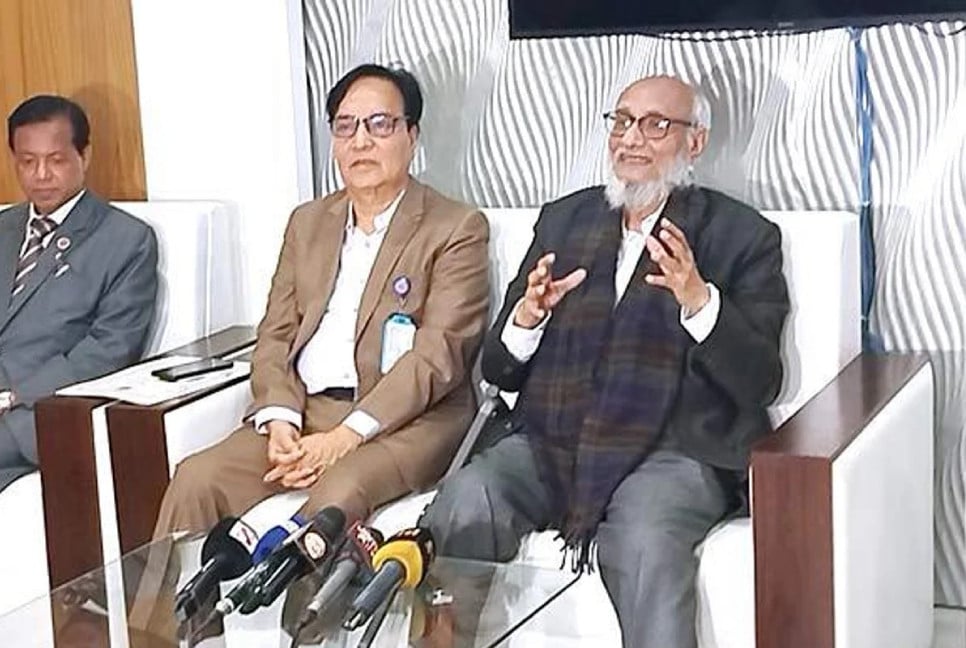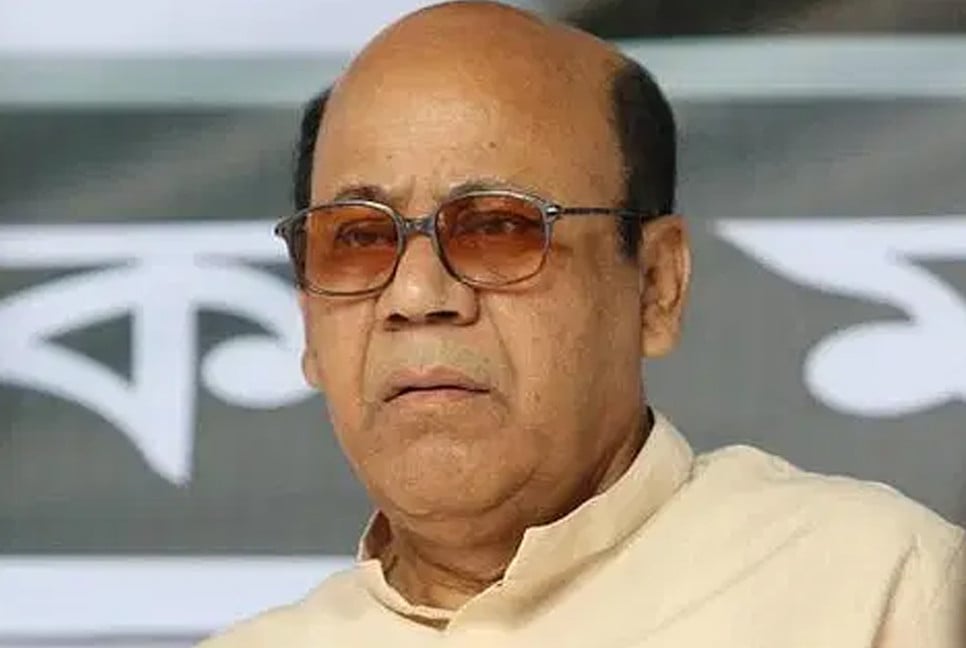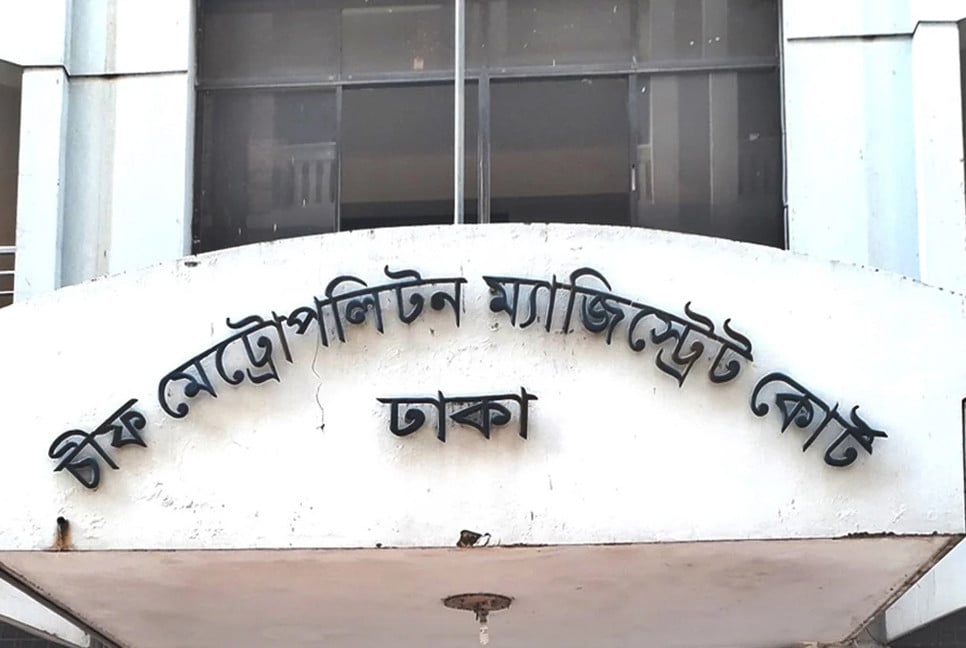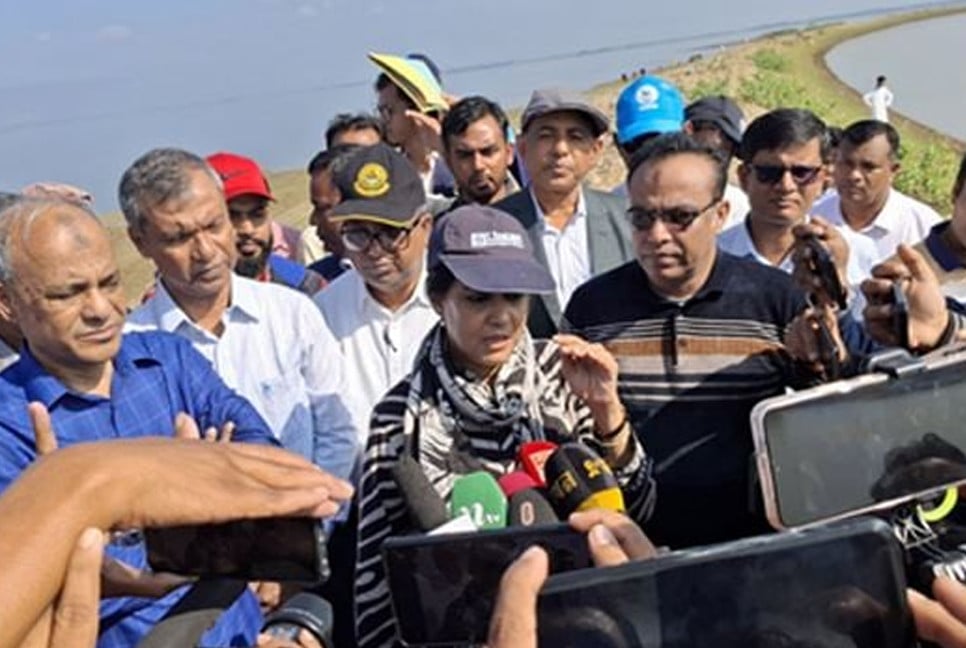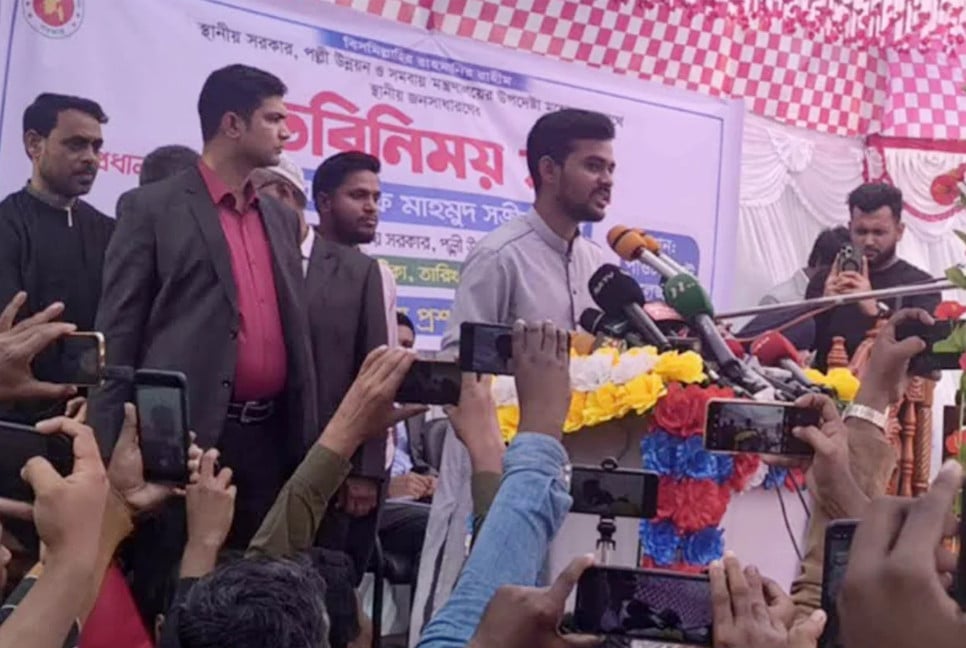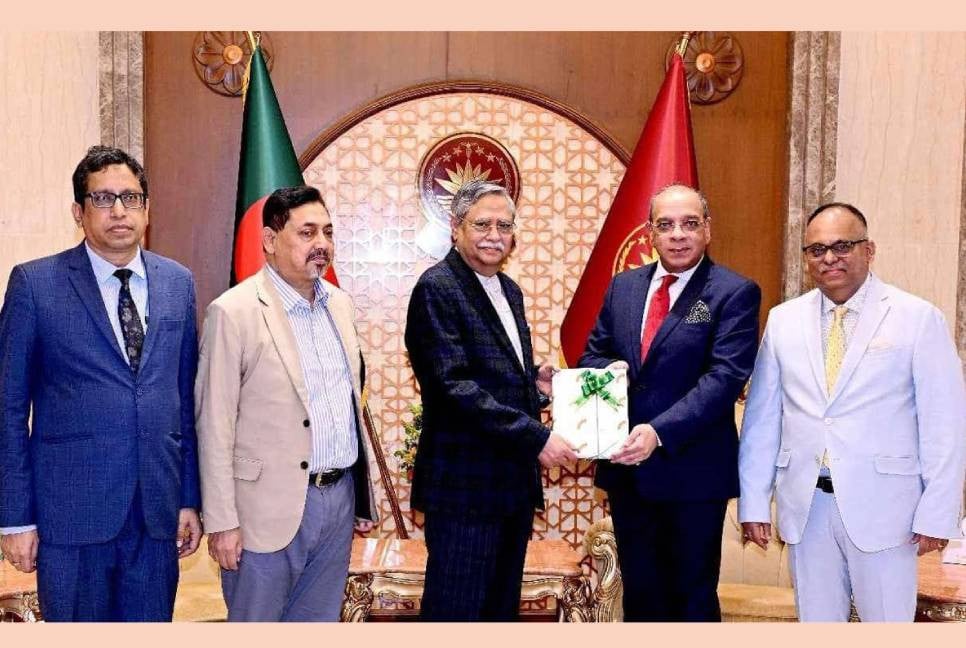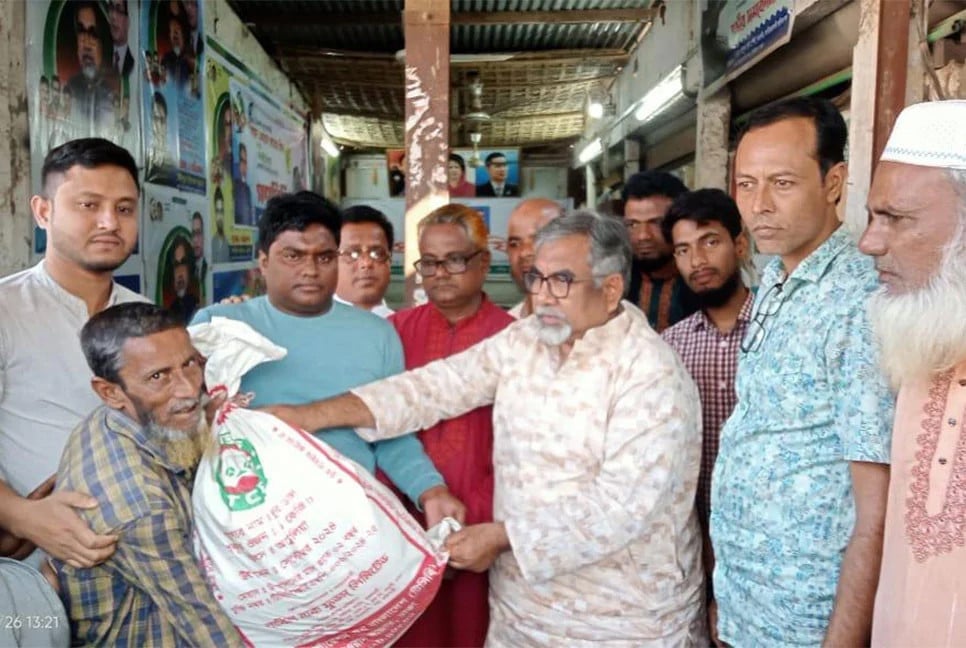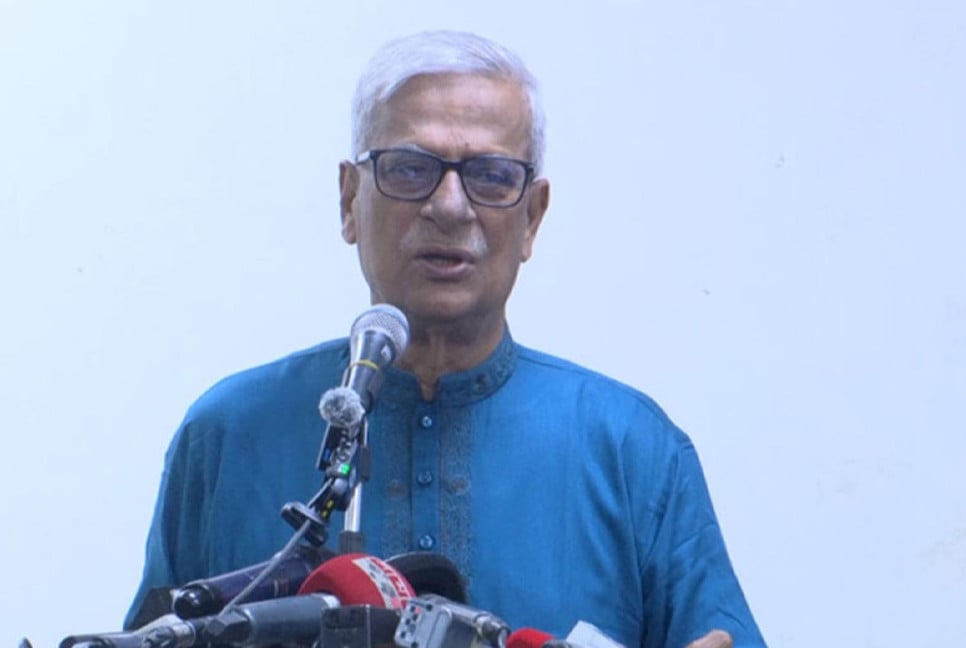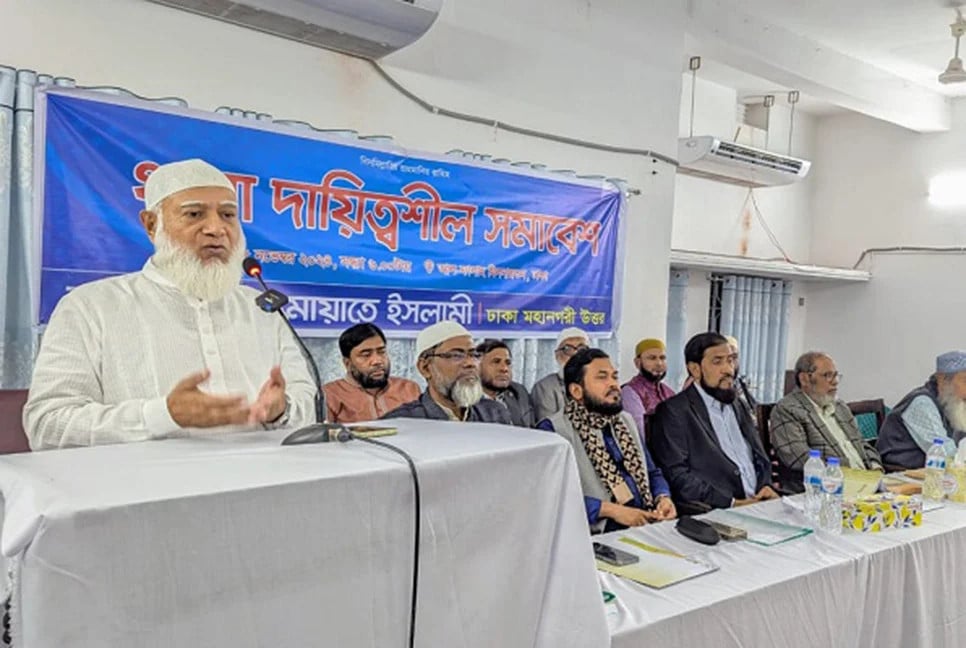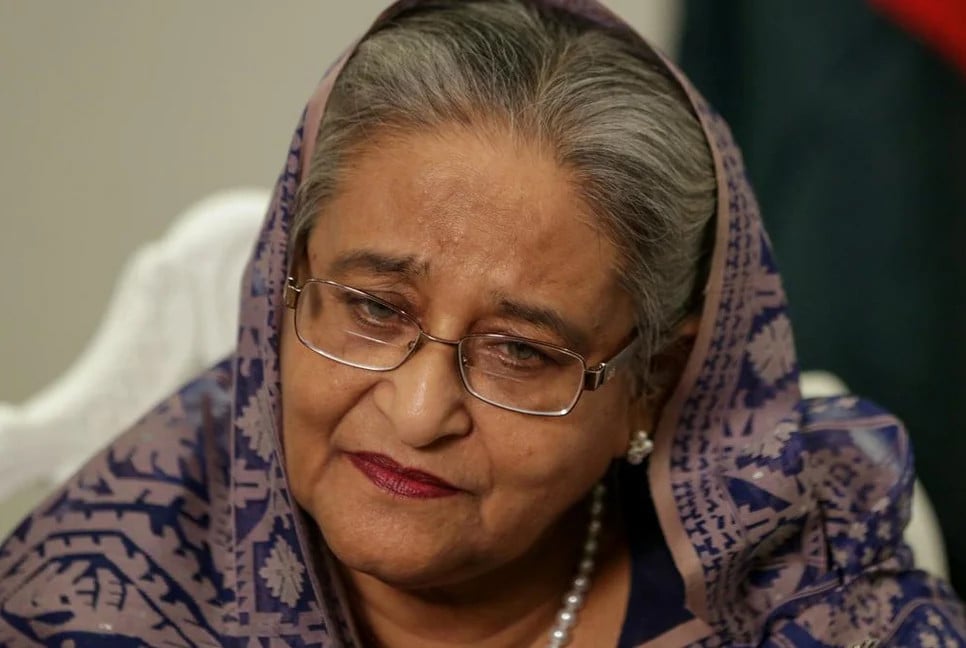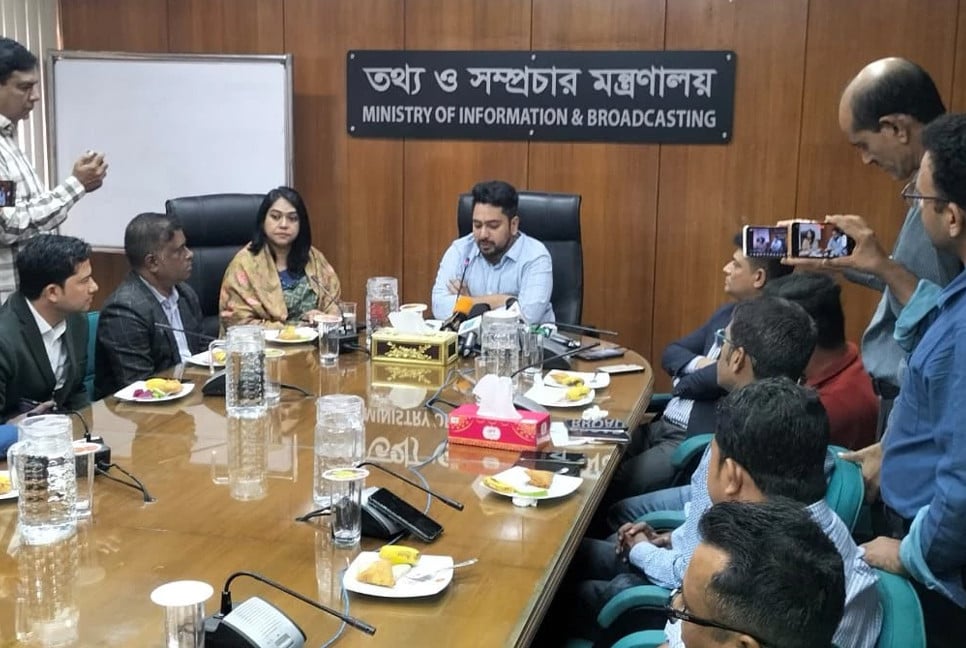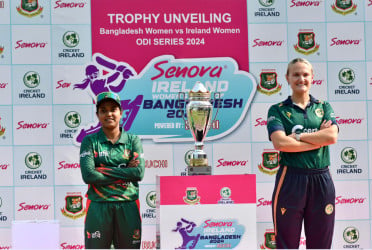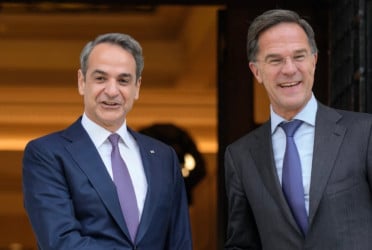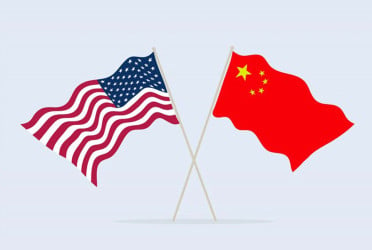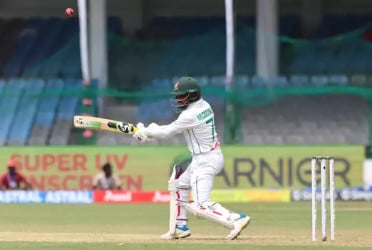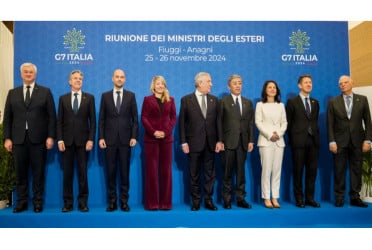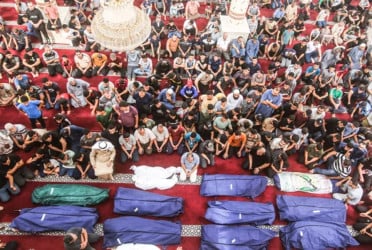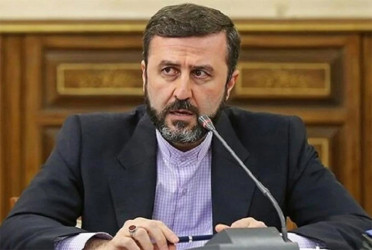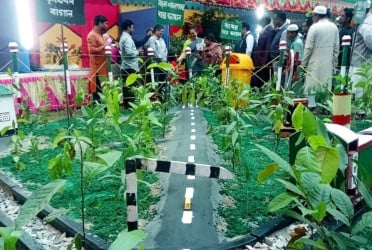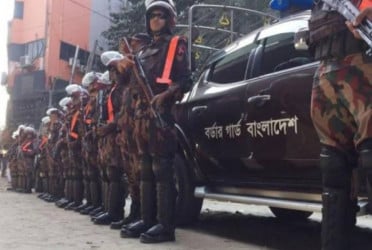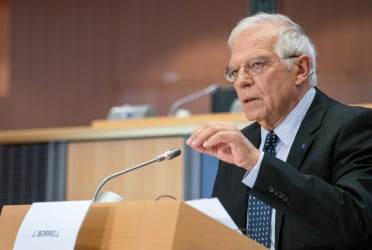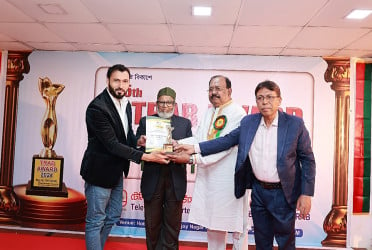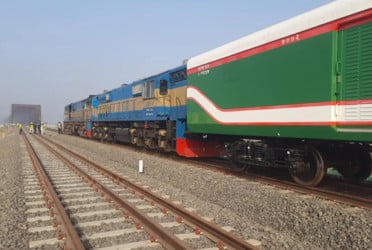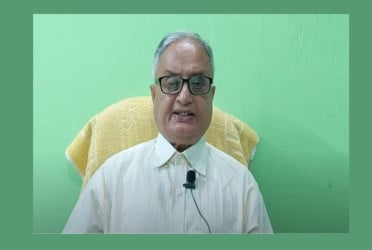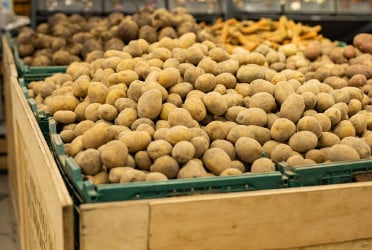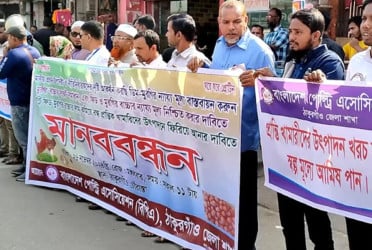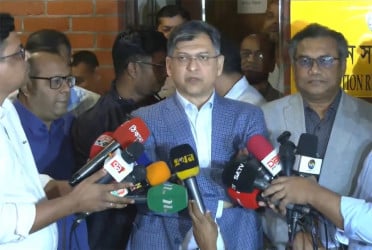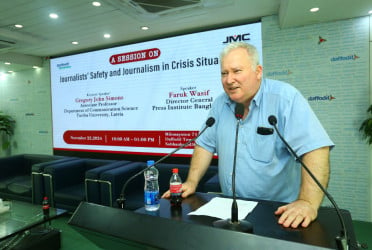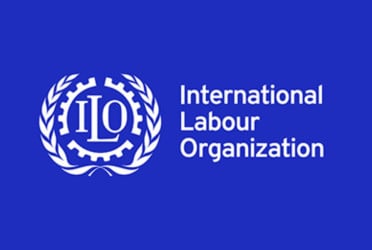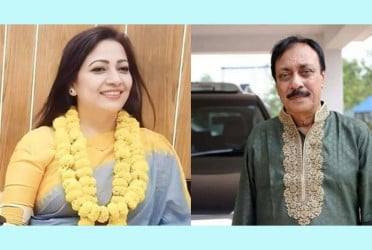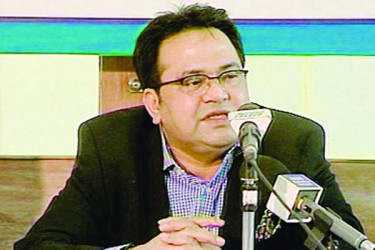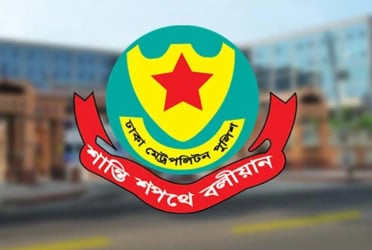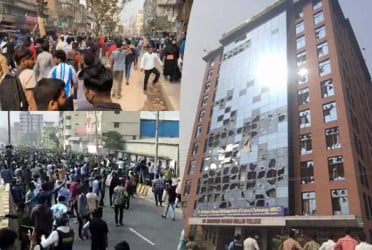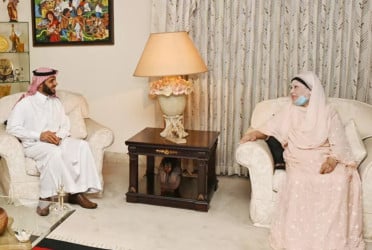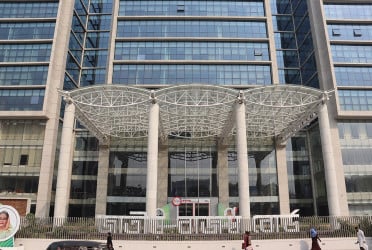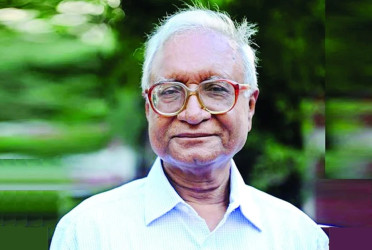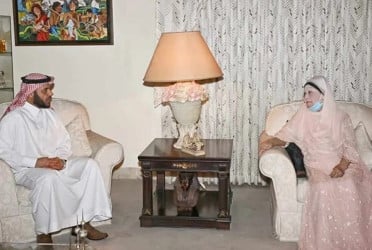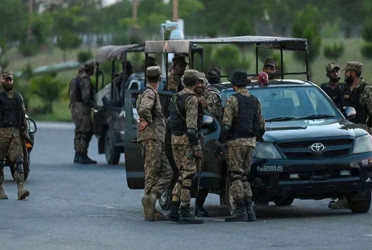Interim Government Chief Adviser Professor Muhammad Yunus has said they must place the youth and students, who constitute a significant portion of the Global South’s population, at the heart of their strategies, UNB reports.
"Two thirds of our population are youth. They are the most powerful segment of society. They are different. They are committed to creating a new world," he said while speaking at the inaugural “Leaders’ Session” of the third “Voice of Global South Summit” on Saturday.
Joining the Summit virtually from Dhaka, Prof Yunus, who was awarded the 2006 Nobel Peace Prize for his work developing microcredit markets, said the youth and students are capable and they are technologically far ahead of the previous generation.
"They can make all the impossible possible. They are entrepreneurial. Jobs they want, not because they enjoy it but because there is nothing else available, just because they are prepared by an education system in all our countries to get ready for jobs," Prof Yunus said.
Dr. Yunus, known as the “banker to the poorest of the poor” said their creative capacities are forgotten.
"Yet, all human beings are born as creative beings. They are natural entrepreneurs. But our education system and financial system are built only for creating job seekers and providing jobs for them."
He said they have to redesign their system and hoped that they can do it together in the global south, which is rich with a fantastically creative young population.
Combining entrepreneurship with social business can create miracles, Prof Yunus said, adding that they would like to propose some common facilities in the global south to take concrete steps to unleash the creativity and energy of the young population through social business.
Prof Yunus invited leaders of the global south to work together for creating social businesses to address all environmental and social problems. “It can become a massive force if we work together.”
He said being old should not mean that “you have to retire, withdraw yourself from economic activities.”
He said human creativity never stops on a date fixed by the state. “It doesn’t stop until the last breath. We may work together to see how to make societies supportive of the creativity of all people as long as they live.”
The Nobel laureate said young generations have impressed upon the people their aspirations for a revolutionary change, restoration of all institutions of the state to ensure democracy and human rights through a meaningful reform.
“Our government is committed to ensuring a transition to inclusive and pluralistic democracy and creating an environment in which free, fair and participatory elections can be held,” he said.
Prof Yunus said their task is now to carry out vital reforms in their electoral system, judiciary, local government, media, economy and education.
“I invite you to visit Dhaka soon. Otherwise you may miss something important. Much of Dhaka has turned into the graffiti capital of the world,” he said, adding that young students and children aged as young as 12-13 have been painting the walls of this 400 year old city with images of a “new democratic” environment- friendly Bangladesh.
The Chief Adviser said there is no central planning or guidance for that. “No budget support from anybody. It is just an outpouring of their emotions and commitment to the goals of the Second Revolution.”
He said they approach the shopkeepers to buy paints and brushes for them, they make up their own subject and own messages.
“Messages they are painting will thrill anybody. Anybody can read in them what the youth are dreaming of. It is our job to make their dreams come true.”
In 1952, the Bangladeshi students sacrificed their lives for their mother tongue. It inspired struggles for the right to speak in mother language all over the world. Some seven decades later our students-led Second Revolution is inspiring youth throughout the global south to raise their voice for democracy, human rights, dignity, equality and shared prosperity.
“I am honoured to be the oldest ‘young person’ to take part in this revolution and help them make their dreams come true. They need support from all of you. Wish them all the success,” Prof Yunus said.
This unique initiative began as an extension of Prime Minister Narendra Modi's vision of ‘Sabka Saath, Sabka Vikas, Sabka Vishwas aur Sabka Prayas’, and is underpinned by India's philosophy of Vasudhaiva Kutumbakam, said the Indian Ministry of External Affairs.
It envisages bringing together countries of the Global South to share their perspectives and priorities on a common platform across a whole range of issues.
India had hosted the 1st Voice of Global South Summit (VOGSS) on January 12-13, 2023 and the 2nd Voice of Global South Summit on November 17, 2023, both in virtual format.
bd-pratidin/GR

